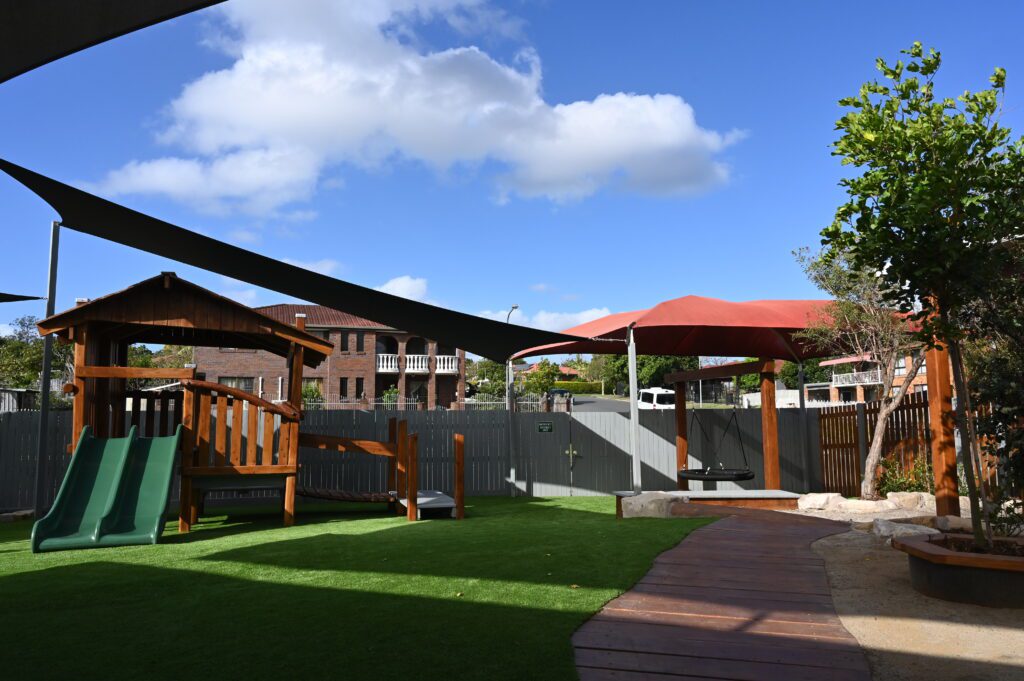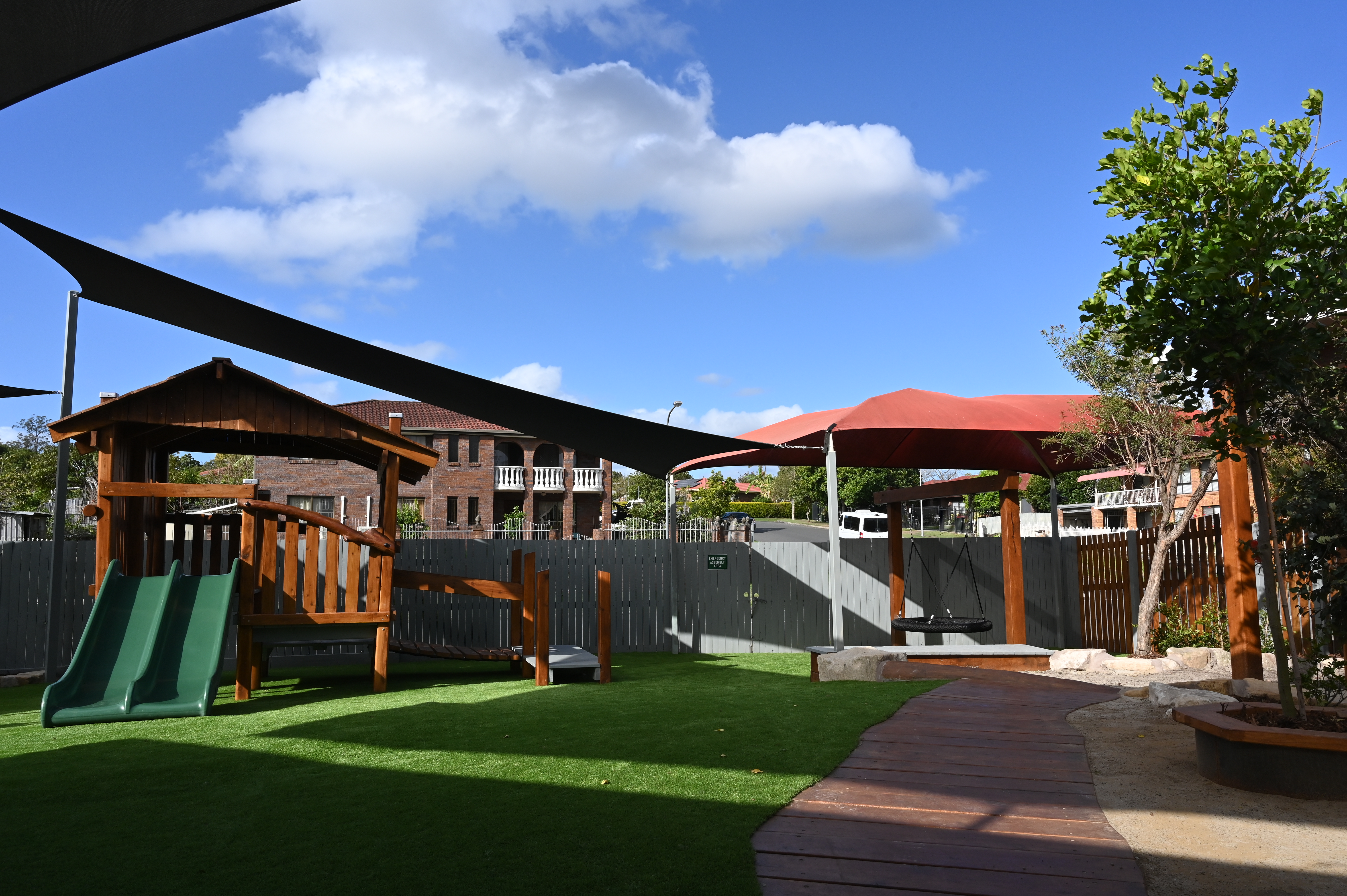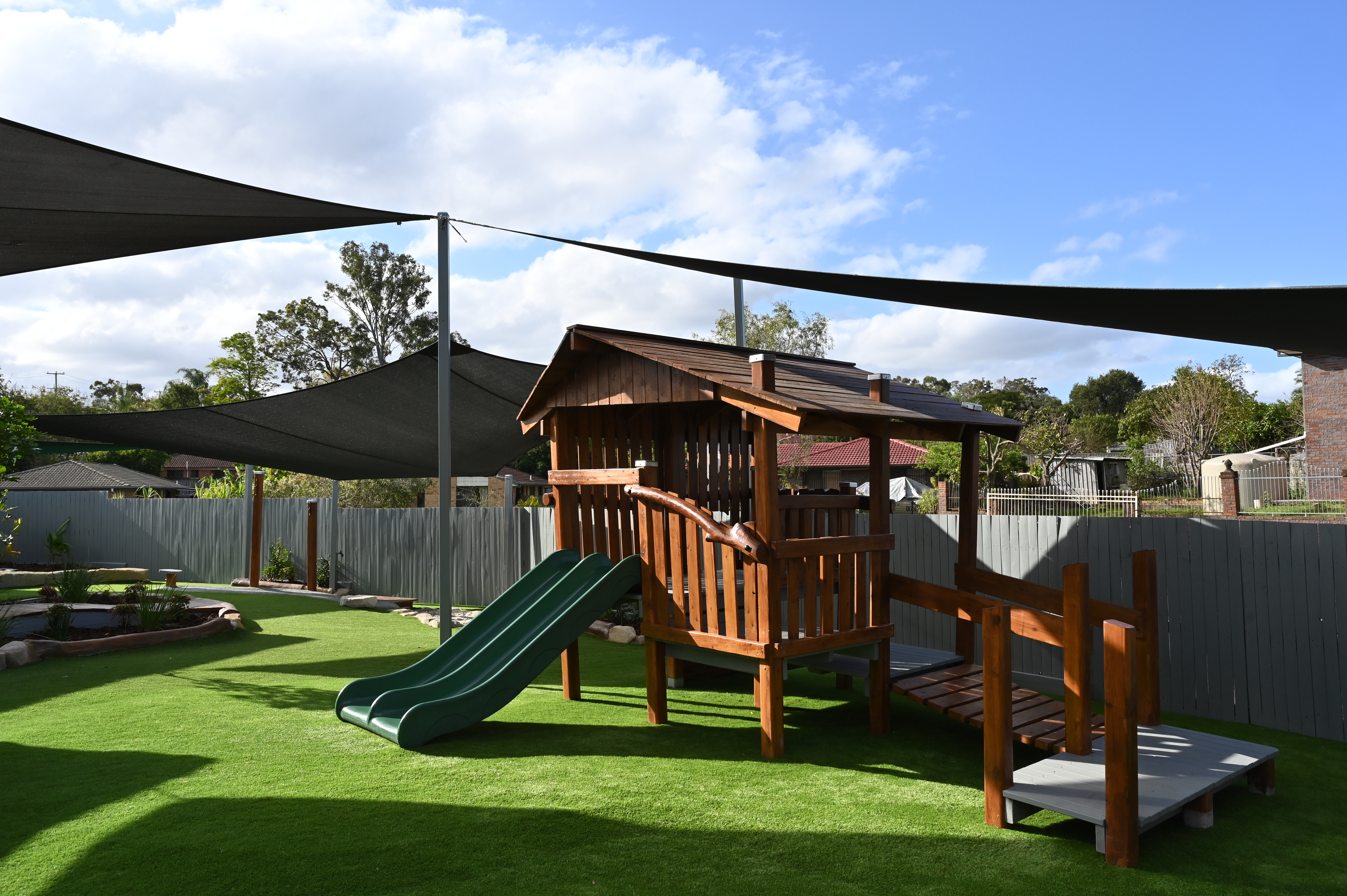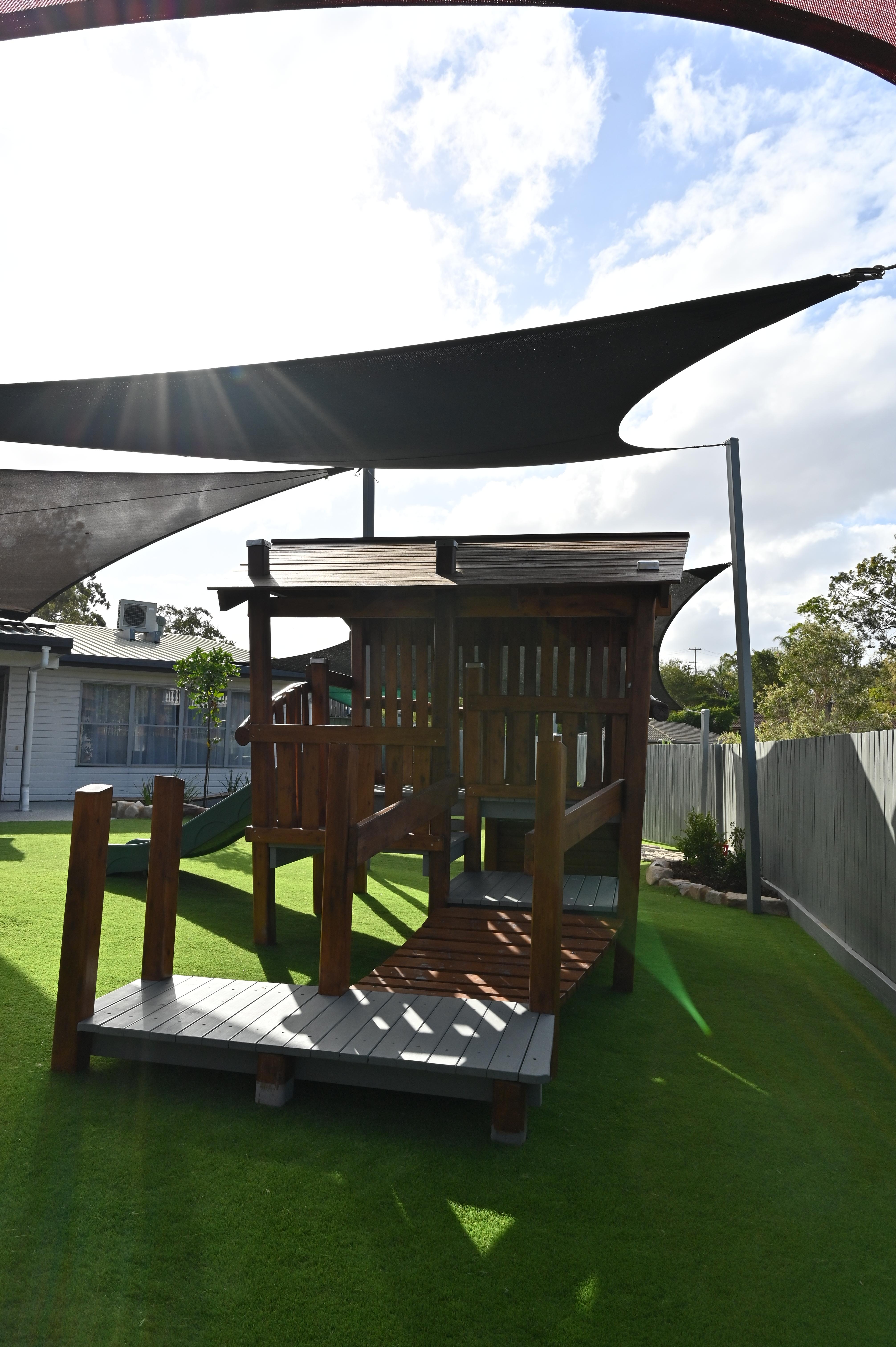The Power of Outdoor Play: Boosting Your Child’s Development at Little Big People Early Learning
In today’s fast-paced, tech-driven world, the importance of outdoor play for children is more significant than ever. At Little Big People Early Learning, we recognise that getting kids outside isn’t just about letting off steam; it’s a key driver in nurturing their development. Outdoor play offers unique opportunities for children to grow, not just physically, but also mentally and socially, providing the kind of learning experiences that four walls simply can’t offer. By engaging with nature, children learn to navigate challenges, boost their creativity, and develop essential life skills. At our centre, we are dedicated to fostering these experiences, ensuring each child has the opportunity to thrive in a supportive and enriching environment. For more information on the benefits of outdoor play, check out this resource from the Australian Institute of Family Studies.
Let’s dive into the fascinating world of outdoor play and its impact on child development. Research shows that time spent in nature has profound effects on children’s physical, cognitive, and emotional growth. Here’s what science tells us about the power of outdoor play.
Nature’s Impact on Development
Nature plays a crucial role in shaping a child’s overall development. The varied sensory experiences offered by outdoor environments stimulate brain development in unique ways.
Children who regularly engage with nature show improved cognitive functions, including better problem-solving skills and enhanced creativity. These benefits stem from the unpredictable and ever-changing nature of outdoor environments, which challenge children to adapt and think on their feet.
Moreover, exposure to nature has been linked to reduced stress levels in children. The calming effect of green spaces can help regulate emotions and improve overall mental well-being. This is particularly important in today’s fast-paced world, where children often face numerous stressors.
Research from the National Association for the Education of Young Children (NAEYC) highlights that outdoor play is not just beneficial but essential for healthy child development.
Attention and Focus Boosts
Outdoor play has a remarkable impact on children’s ability to concentrate and maintain focus. This improvement in attention span extends beyond playtime and into other areas of a child’s life, including academic performance.
Studies have shown that children who spend time in nature exhibit better attention skills when they return to indoor activities. This phenomenon, known as Attention Restoration Theory, suggests that natural environments allow our directed attention abilities to replenish.
The variety of stimuli in outdoor settings, from the rustling of leaves to the chirping of birds, engages children’s senses in a way that enhances their ability to focus. This natural engagement is particularly beneficial for children with attention difficulties, offering a non-pharmaceutical approach to improving concentration.
Social and Emotional Growth
Outdoor play provides a rich environment for children to develop crucial social and emotional skills. The open spaces and natural settings encourage cooperative play and social interaction.
In outdoor settings, children often engage in imaginative play, creating scenarios and roles that help them understand and navigate social relationships. This type of play allows them to practice empathy, negotiation, and conflict resolution in a low-stakes environment.
Furthermore, outdoor play often involves calculated risk-taking, such as climbing trees or balancing on logs. These experiences help build self-confidence and resilience, teaching children to assess risks and trust their abilities.
Little Big People Early Learning recognises the importance of these social-emotional benefits and incorporates ample outdoor play opportunities in their programs.
Physical Development Outdoors
Outdoor play is a powerhouse for physical development in children. From building strength to refining motor skills, the outdoors offers a natural gym for growing bodies. Let’s explore how outdoor activities contribute to various aspects of physical development.
Building Gross Motor Skills
Gross motor skills involve the large muscles of the body and are crucial for overall physical development. Outdoor play provides an ideal setting for children to practice and refine these skills.
Running, jumping, and climbing are all natural activities in outdoor settings. These movements help children develop balance, coordination, and spatial awareness. The varied terrain of outdoor environments challenges children in ways that indoor spaces simply can’t match.
As children navigate different surfaces and obstacles, they’re constantly adjusting their movements, which enhances their proprioception – the body’s ability to perceive its own position in space. This skill is fundamental for all physical activities and daily life tasks.
Kids First Services emphasises the importance of outdoor play in developing these crucial motor skills.
Strength and Endurance
Outdoor play naturally encourages activities that build strength and endurance in children. The physical demands of outdoor environments provide a fun and engaging way for kids to develop their muscles and cardiovascular system.
Activities like climbing trees, swinging on playground equipment, or even just running around require children to use their body weight as resistance. This natural form of strength training helps build muscle tone and bone density.
Endurance is also naturally developed through outdoor play. Children often engage in sustained physical activity when playing outdoors, whether it’s a game of chase or exploring a nature trail. This prolonged activity helps improve cardiovascular health and stamina.
Fine Motor Skill Opportunities
While outdoor play is often associated with gross motor skills, it also offers numerous opportunities for fine motor development. These skills involve the small muscles of the hands and fingers and are crucial for tasks like writing and manipulating small objects.
Collecting leaves, picking up pebbles, or building sandcastles are all activities that require precise finger movements. These natural manipulations help refine a child’s dexterity and hand-eye coordination.
Outdoor art activities, such as drawing with chalk on pavement or creating nature collages, further enhance fine motor skills. These activities combine creativity with physical development, making them engaging and beneficial for children.
The American Academy of Pediatrics recognises the diverse physical benefits of outdoor play, including both gross and fine motor skill development.
Supporting Outdoor Play at Home
As parents, we play a crucial role in encouraging and facilitating outdoor play for our children. By creating opportunities and environments that support outdoor activities, we can help our kids reap the full benefits of nature-based play. Let’s explore some practical ways to promote outdoor play at home.
Creating Play-Friendly Spaces
Transforming your outdoor space into a play-friendly environment doesn’t require a large backyard or expensive equipment. Even small areas can be optimised for engaging outdoor play.
Consider adding natural elements to your outdoor space. Rocks, logs, and plants can create an interesting landscape for exploration. A small garden patch can provide opportunities for planting, digging, and observing growth.
Water play is another engaging outdoor activity. A simple water table or even a bucket of water with various containers can provide hours of sensory play and experimentation.
Remember, the goal is to create an environment that sparks curiosity and encourages exploration. Sometimes, less is more when it comes to outdoor play spaces.
Encouraging Nature Excursions
Regular outings to natural environments can significantly enhance your child’s outdoor play experiences. These excursions don’t need to be elaborate; even a trip to a local park can provide valuable nature interactions.
Plan regular visits to different types of natural settings – beaches, forests, parks, or even urban green spaces. Each environment offers unique opportunities for exploration and learning.
During these outings, allow time for unstructured play. Let your child lead the way in exploring their surroundings. This child-led approach fosters independence and encourages natural curiosity.
Consider joining local nature groups or participating in community nature events. These can provide structured learning opportunities and allow your child to connect with other nature enthusiasts.
Balancing Screen Time and Play
In today’s digital age, finding a balance between screen time and outdoor play can be challenging. However, with some planning and creativity, it’s possible to encourage more time outdoors.
Set clear boundaries for screen time and stick to them. Consider using screen time as a reward after outdoor play rather than the default activity.
Make outdoor time a family activity. By participating in outdoor play with your children, you’re not only encouraging their engagement but also modelling the importance of outdoor activities.
Look for ways to incorporate technology into outdoor play when appropriate. Nature identification apps or outdoor scavenger hunt games can blend digital interests with outdoor exploration.
The Encyclopedia on Early Childhood Development provides further insights into the importance of balancing different types of play for optimal child development.




